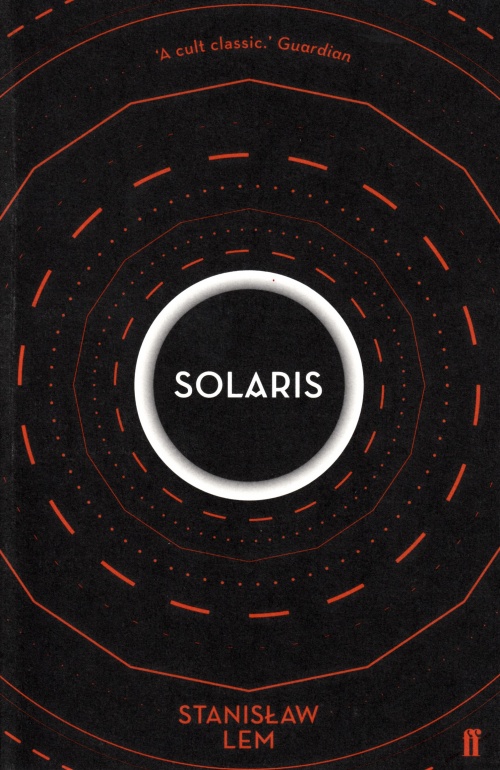Libbum reviewed Solaris by Stanisław Lem
Review of 'Solaris' on 'GoodReads'
5 stars
When I first read Summa Technologiae I had never heard of Lem, but the power and timelessness of his intellect in that masterpiece of non fiction, and the small snippets he eludes to concerning what constitutes good science fiction there definitely put him on my radar.
Finally, I've managed to get around to reading what many consider his magnum opus. To put it mildly, I don't think that many, if any current sci-fi writers attempt to write about truly alien life the way Solaris did.
I think it's best not to speak much about the specifics that occur in the story. This is very much a piece that you'll want to read without knowing too much concerning the plot. Suffice to say though that it's incredibly well written. The characters are totally confused about what's happening, but you as a reader are not tangled up in their confusion if that makes sense? Sure, you don't know whats going on for the most part either, but Lem does a stellar job making sure the plot doesn't fold in on itself during this confusion to the extent that the reader cannot follow or enjoy the process.
Some truly deep and thought provoking discussions on who we are, what we are searching for and what we do once we find it. I'll leave you with this:
"We are only seeking Man. We have no need of other worlds. We need mirrors. We don't know what to do with other worlds. A single world, our own, suffices us; but we can't accept it for what it is. We are searching for an ideal image of our own world: we go in quest of a planet, of a civilisation superior to our own but developed on the basis of a prototype of our primeval past. At the same time, there is something inside us which we don't like to face up to, from which we try to protect ourselves, but which nevertheless remains, since we don't leave Earth in a state of primal innocence. We arrive here as we are in reality, and when the page is turned and that reality is revealed to us — that part of our reality which we would prefer to pass over in silence — then we don't like it any more."

